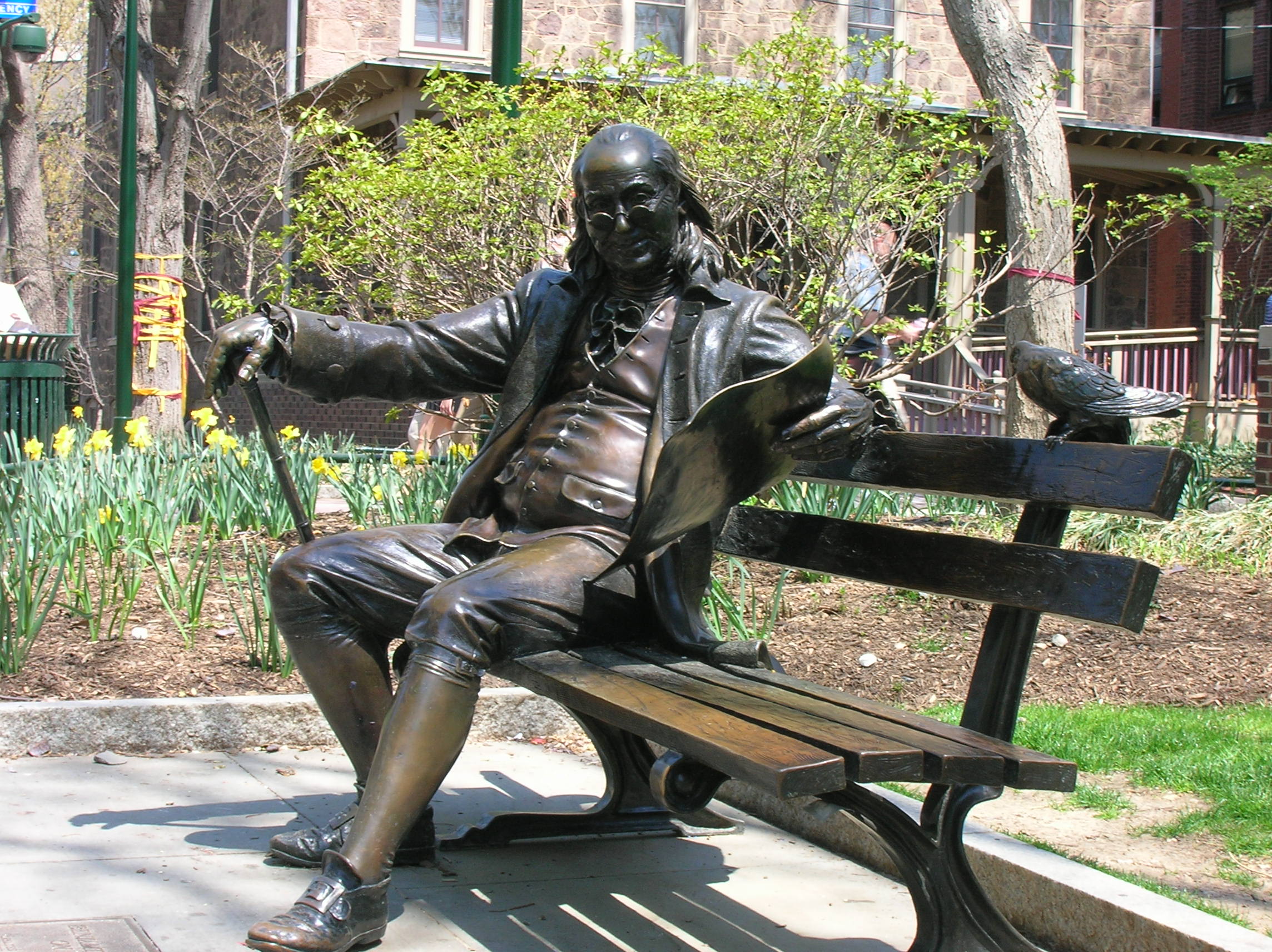
By Barbara Hewitt
I just started reading Cutting for Stone by Abraham Verghese and quickly stumbled upon a sentence that intrigued me…..
“Life, too, is like that. You live it forward but understand it backwards.”
It struck me that careers are also like that for many people. As career counselors, we tend to be very forward thinking. We encourage people to think about and plan for their careers. What interests does one have? What skills could be valuable in a given industry? What educational background is necessary to enter a particular field? Researching and planning for careers does (at least I believe!) increase the likelihood of achieving career satisfaction. That being said, equally important to planning is the ability to remain open to new opportunities and to realize that for most people, careers take a winding as opposed to linear path. We learn from each experience about what we enjoy, what motivates us, and what we absolutely can’t tolerate in a work setting. Life circumstances also change on a regular basis and what might work for us in one stage of our lives doesn’t work in another. For example, a new college graduate might be 100% devoted to her career and be willing to work 70 hours a week or travel frequently for work. Individuals caring for small children or aging parents may need to re-prioritize and find work that is less all-encompassing.
Sometimes we spend a lot of time planning for a scenario which doesn’t pan out the way we had hoped (i.e.: the pre-med student who planned on becoming a doctor but isn’t accepted into medical school or the person who wants to be a pilot but whose eyesight is poor). Sure – their career aspirations may need to change, but it doesn’t mean that they can’t be successful in another field by opening themselves up to different opportunities. They may go down an unexpected path, but one which could bring great rewards.
As we enter the final days of college for the Class of 2011, I’m sure many seniors have landed jobs or graduate school offers that align closely with their dreams. Other seniors are still working out their post-graduate plans. I urge those of you who are still seeking opportunities (or those of you who feel you didn’t get your “first choice” option) to look at the future optimistically and see what it can hold. When I was a senior in college my dream was to attend an APA (American Psychological Association) approved PhD program in counseling psychology with the goal of becoming a licensed psychologist. I was sure I wanted to spend my work days counseling people on personal issues. Even though I had strong grades, I knew acceptance into one of the APA programs was a long shot since I didn’t have a lot of research experience. As a back-up, I also applied to several Masters in Counseling programs as they were easier to get into and less research intensive. I was terribly disappointed when I was not accepted into any of the PhD programs to which I applied. However, I decided to enroll in one of the masters programs and very quickly realized that it was a better choice for me. As I started my practicum which involved providing personal counseling for individuals, I realized that I didn’t enjoy personal counseling as much as I had thought I would, but indeed loved the work that I was doing in my assistantship in the university’s career center. I was able to easily switch my focus in the counseling program from community counseling to student affairs, a much better choice for me in the long-run. Eventually I did go on to receive my doctorate from Penn – but in Higher Education Management as opposed to Counseling Psychology. This is a prime example of a situation which appears very different when viewed “backwards” as opposed to “forward” – my perspective totally changed. We can learn a lot from the experiences in our lives – the successes and failures, the “planned” events and the “unplanned” ones – if only we remain open to possibilities.
To the Class of 2011 – my hope for each of you is happiness and success in your careers, no matter how winding your path may be. Although for now you are likely focused on looking forward, as is fitting at this time of year, remember in the days and years ahead to take time to look backwards at your experiences. You are likely to learn just as much from that perspective.



